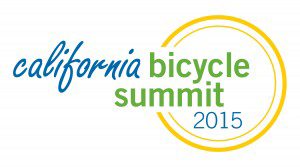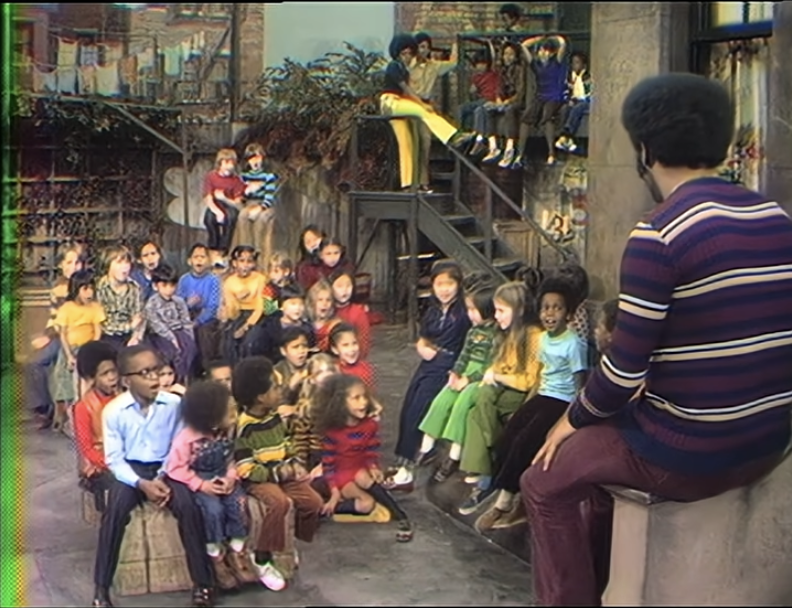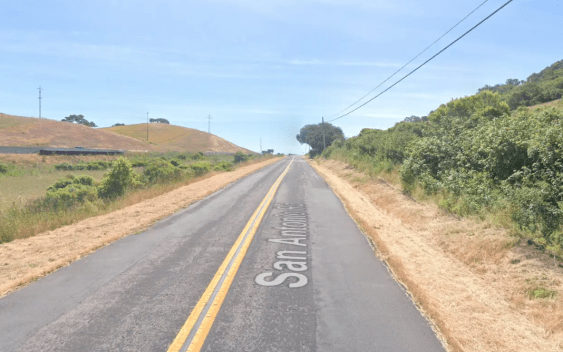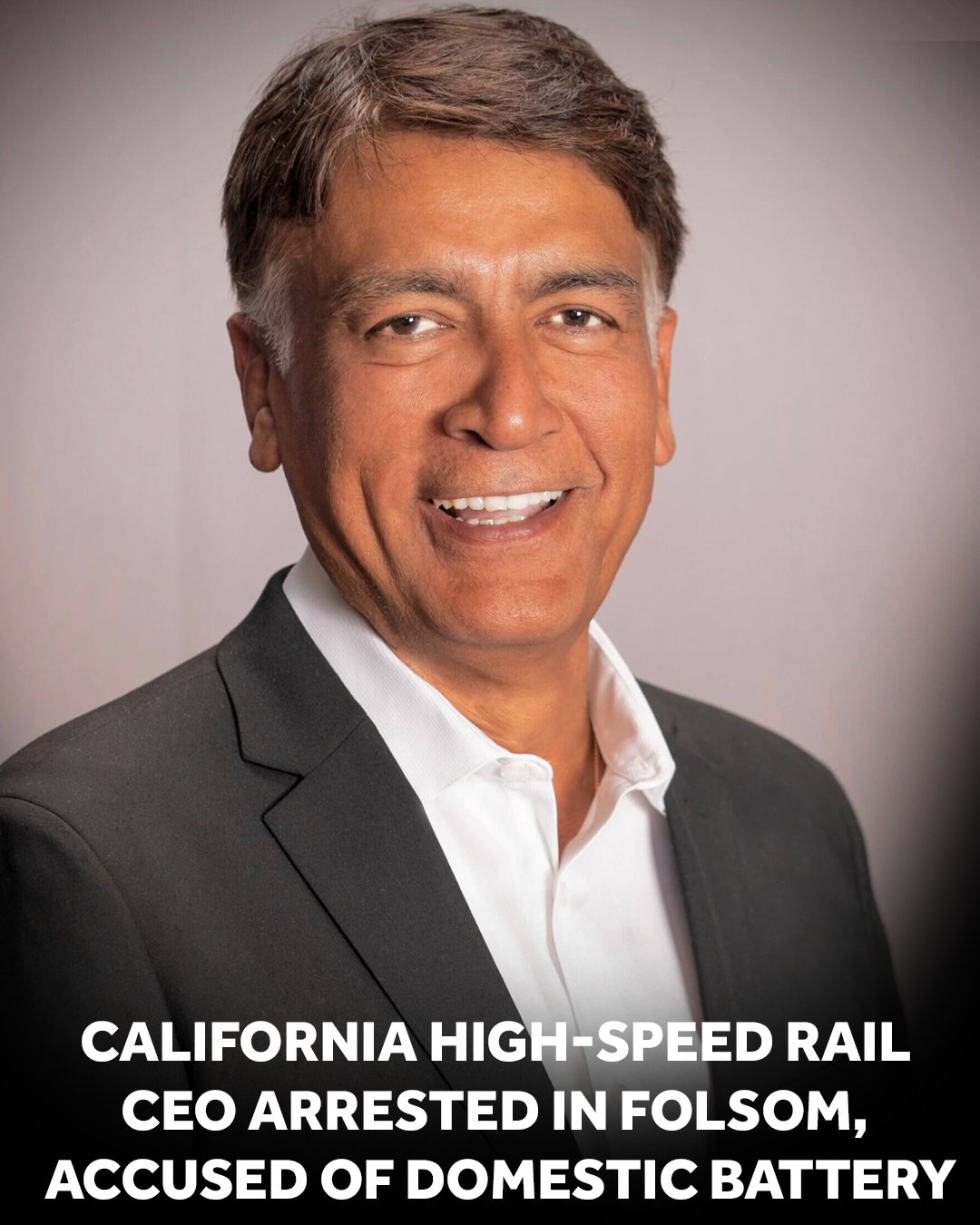Time is running out to register for the California Bicycle Coalition's annual Bicycle Summit, taking place this year in San Diego from October 25 through 28.
The summit program reflects the focus on equity that emerged from the CalBike's annual board meeting in Bakersfield this last weekend. Over forty sessions will address designing low-stress bikeway networks, getting an advocacy organization started, defining future legislative efforts, combining bikes and transit, advocating and collaborating locally and regionally, working with Caltrans and police, and a lot more.
Caltrans Director Malcolm Dougherty will speak about the future of bicycling in California, and one session will highlight current planning efforts at Caltrans such as the statewide bicycle plan. Several sessions will discuss Open Streets events, addressing budgeting and funding, different models for creating them, and measuring success.
There will be three media panels, one of them featuring Damien Newton and Sahra Sulaiman from Streetsblog Los Angeles.
The main focus of the summit will be on incorporating equity into the work of bicycle advocates. Equity has become a huge focus of the state legislature in the past few sessions. There are still gaps in understanding how to undo years of inequitable planning. Nevertheless the legislature has signaled this is a priority, and among other actions it added equity goals to many of its funding guidelines. For example, all of the programs funded by cap and trade require that some portion of their awards “benefit disadvantaged communities.” That includes the Active Transportation Program and the Affordable Housing and Sustainable Communities program, two funding pots for bicycle infrastructure.
Even defining what constitutes a disadvantaged community has been fraught with difficulties. On top of that, programs like the Active Transportation Program have found it is not easy to ensure that projects actually benefit them. An example is a project in Coachella Valley that received funding in the first round of the ATP last year: CV Link, a fifty-mile car-free route connecting several desert communities in the Coachella Valley that will allow bicycle riders, pedestrians, and golf carts to use it.
The CV Link project received credit under ATP guidelines for benefiting disadvantaged communities, because it will be built in a region with significant low-income populations. But local activists pointed out that the master plan for the project doesn't address questions of access to the path, and the surrounding areas, especially the low-income areas, are blocked by large roads and pedestrian unfriendly intersections. Therefore the path would be a bigger boon for the well-heeled population than the disadvantaged groups whose presence played a significant role in receiving project funding. Critics are also concerned that this project would use up all of the limited ATP funding for the area.
One of the summit sessions will feature Michele Hasson of the Leadership Counsel for Justice and Accountability in a discussion of the CV Link project and its ramifications for incorporating equity in advocacy and planning.
The CV Link is “a beautifully designed low-speed pathway,” said Dave Snyder, director of the California Bicycle Coalition, “but it's at the expense of the people who live there. How can we build projects like that without sacrificing the higher priority of serving people where we live? That's the kind of question we want the summit to address.”
Registration for the California Bicycle Summit is ongoing, but the cut-off date for getting a discounted hotel rate is October 2. Register here. Peruse the program here.






